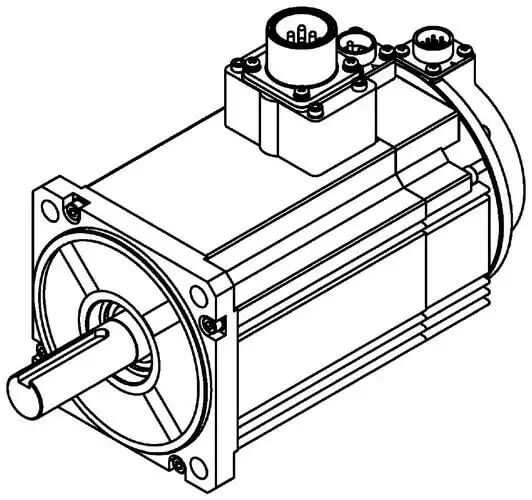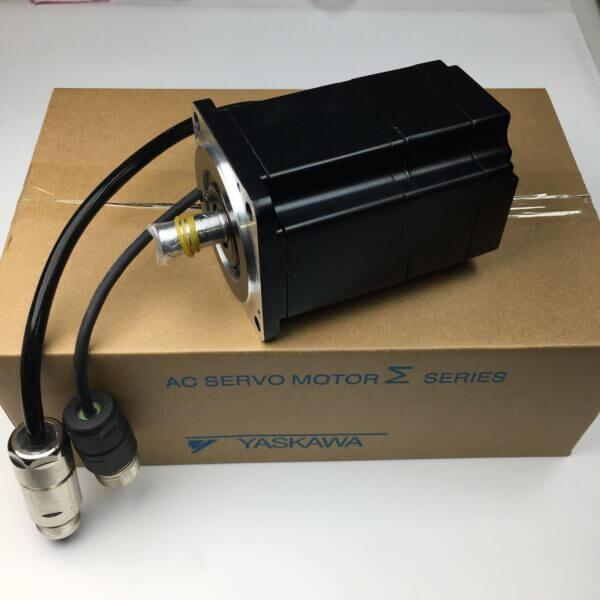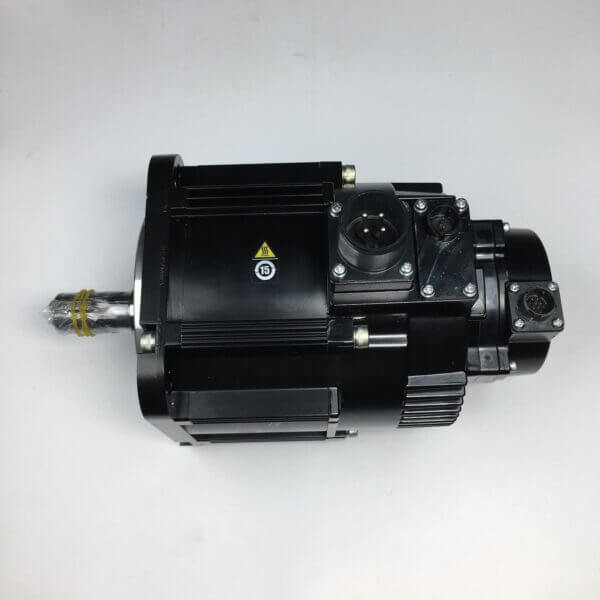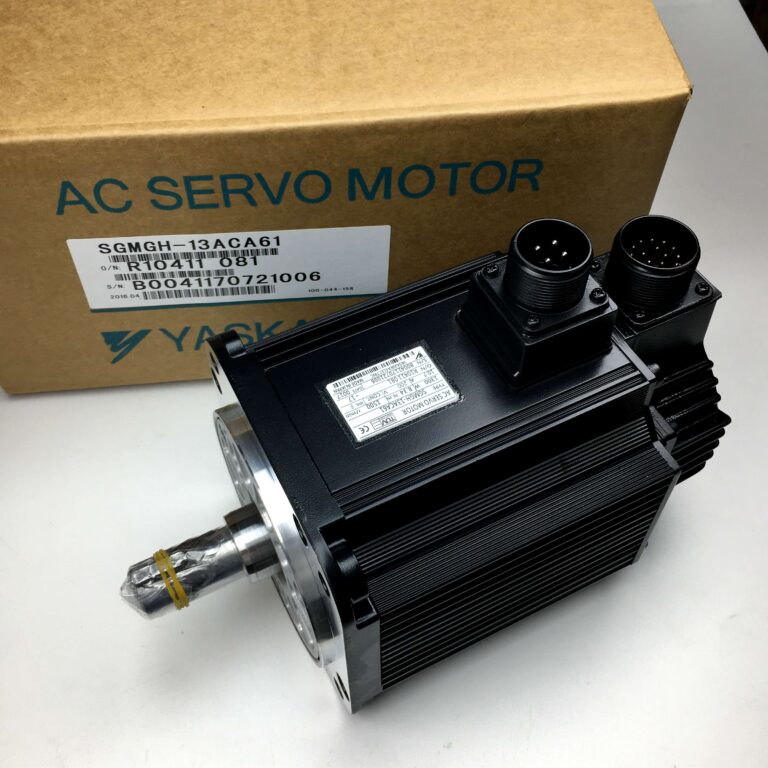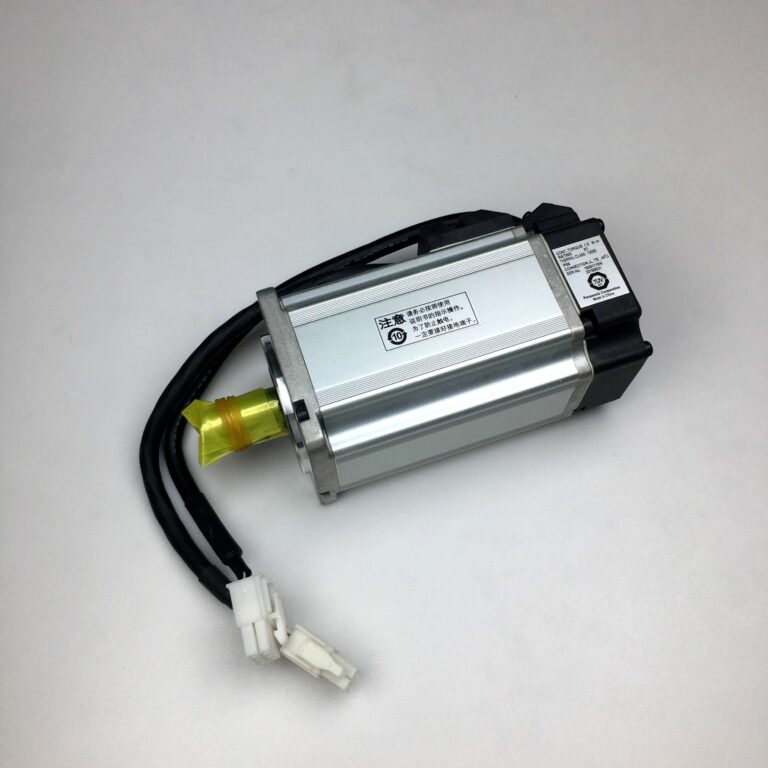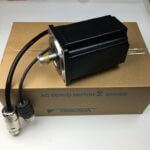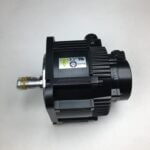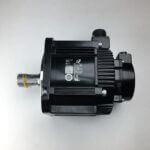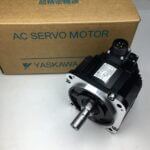What Are Yaskawa Servo Motor Specifications: A Comprehensive Overview
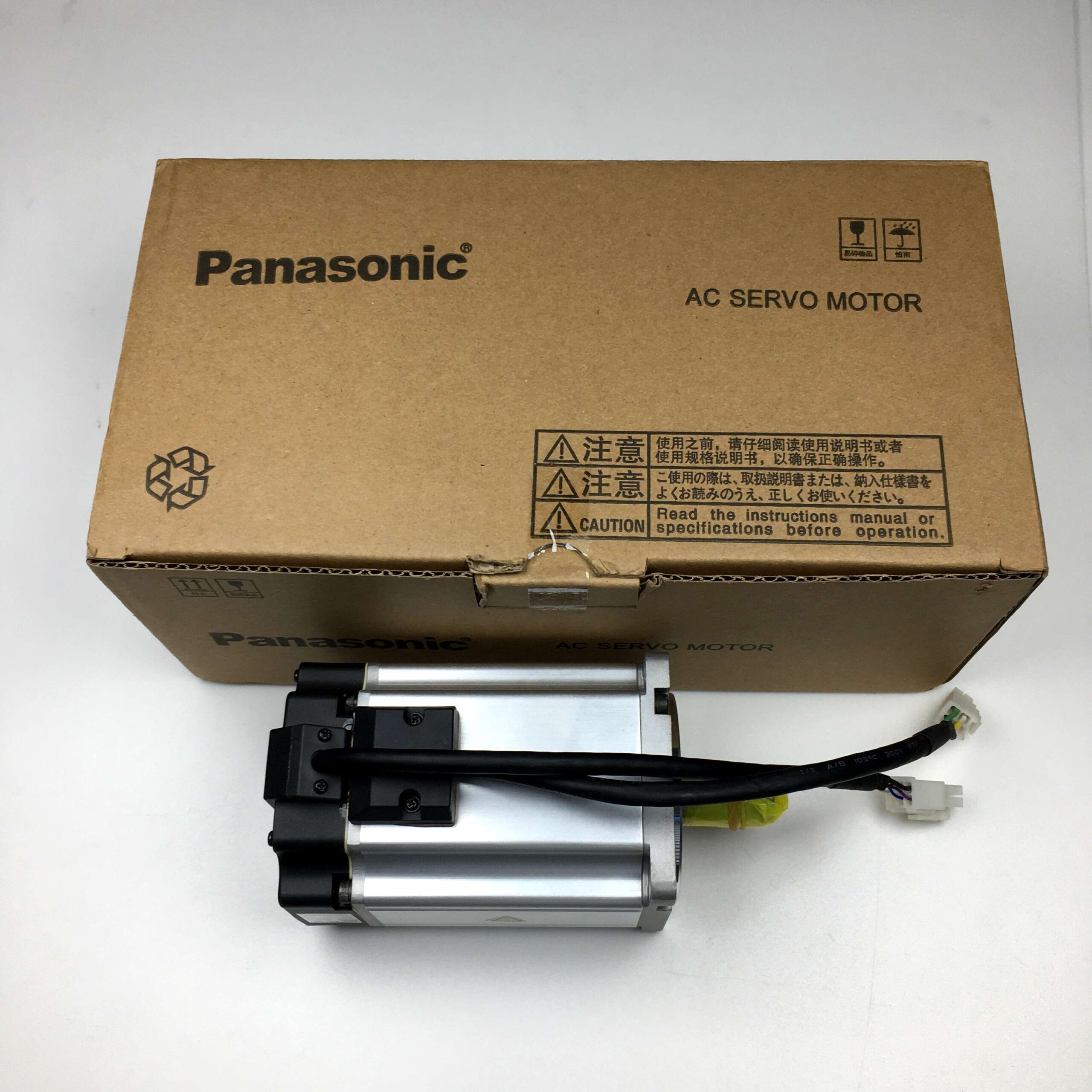
When people ask what are Yaskawa servo motor specifications, they’re seeking clear information about how these advanced motors operate, what they can do, and how to identify the right model for a project. In this article, we’ll explore the various Yaskawa servo motors on the market, outline the unique features of each series, and help you understand the specifications that truly matter for performance. By the end, you should be equipped with a firm grasp on how to choose the best servo motor solution for your needs.
1. Introduction to Yaskawa Servo Motors
Yaskawa servo motors are widely recognized for their reliability, precision, and ability to deliver consistent torque. These motors excel in controlling movement and positioning in different kinds of industrial machinery. If you’ve wondered what are Yaskawa servo motor specifications, rest assured Yaskawa offers an extensive range to suit various requirements, whether in robotics, manufacturing, or other automated systems.
“Innovation is the key to driving automation forward.”
Today, these servo motors incorporate high-resolution encoders, delivering exceptional accuracy in positioning. They are also designed with robust materials to ensure long-lasting and stable performance over time.
2. Key Specifications in a Nutshell
Below is a brief table that shows important aspects you need to know when analyzing what are Yaskawa servo motor specifications:
| Specification | Description |
|---|---|
| Torque Range | From a few Nm (newton-meters) up to over 400 Nm |
| Speed Range | Standard rated speeds of 1500 rpm, 3000 rpm, or higher |
| Encoder | Typically 20-bit, 24-bit, or 26-bit high-resolution |
| Power Range | 50W for small loads to over 55kW for heavy-duty systems |
| Voltage | 200 V or 400 V supply options available |
| Mounting Styles | Standard or customized flange designs |
These parameters clarify what are Yaskawa servo motor specifications in relation to peak performance, speed, voltage, and torque, ensuring you can pick the right model for your application.
3. Sigma-5 Series Overview
The Sigma-5 lineup delivers ultra-compact servo motors suitable for a wide array of industrial tasks. Models like SGMMV, SGMJV, and SGMAV excel at smaller-scale automation, while the more robust SGMGV and SGMSV handle moderate power requirements. The SGMVV type suits heavier workloads.
- Ultra-compact design
- High-speed feedback control
- Consistent torque across a wide speed range
If you’re exploring what are Yaskawa servo motor specifications for light-to-medium tasks, the Sigma-5 series might be your go-to choice.
4. Sigma-X Series Overview
The Sigma-X line is engineered for precise load matching and delivers impressive torque. Whether you need lower inertia for rapid acceleration (SGMXJ) or a more generalized motor (SGMXA), Sigma-X stands out when you’re pinpointing exactly what are Yaskawa servo motor specifications for higher-precision needs.
Key Highlights:
- SGMXJ: Low inertia, high-speed operation (up to 7000 rpm).
- SGMXA: Versatile, fit for general automation projects.
- SGMXP: Compact shape for space-constrained environments.
- SGMXG: Higher torque for large-scale components (up to 95.2 Nm).
5. Sigma-7 Series Overview
If you’re still pondering what are Yaskawa servo motor specifications for advanced applications, the Sigma-7 series answers with superb stability and ultra-fast response. It supports:
- SGM7J: 50W–1.5kW range with flexible input voltages.
- SGM7A: 50W–7kW range, excellent power-to-size ratio.
- SGM7P: Compact design ideal for tight installations.
- SGM7G: Capable of up to 15kW and perfect for more demanding tasks.
Each model includes high-resolution encoders (e.g., 24-bit or higher), guaranteeing meticulous positioning capabilities.
6. Additional Advanced Specifications
Besides motor torque and size, you’ll often want to consider these details as you examine what are Yaskawa servo motor specifications:
- Encoder Types: Absolute encoders (e.g., 20-bit, 24-bit, 26-bit) provide unique positioning without mechanical limit switches.
- Cooling Methods: Options like natural cooling, fan cooling, or liquid cooling.
- Mounting & Installation: Varying flange dimensions, shaft options, and easy-cable configurations.
- Safety Features: Overload protection, safe torque off, and self-diagnostic capabilities.
7. Practical Applications and Internal Resources
Yaskawa servo motors power diverse industries, from assembly lines and robotics to packaging systems. They balance efficiency with cost-effectiveness, thus offering a robust solution for many motion-control applications. If you’re investigating what are Yaskawa servo motor specifications or interested in purchasing, you might benefit from exploring these high-quality, related products:
These links can guide you to real-world solutions and updated specifications.
8. Selection Tips: Finding the Right Servo
To finalize your understanding of what are Yaskawa servo motor specifications, here are tips to help you select the ideal motor:
- Match Torque Needs: Start by determining your peak torque and continuous torque.
- Consider Speed: Ensure the motor supports the RPM you need.
- Installation Requirements: Check environmental conditions, such as temperature and space constraints.
- Encoder Resolution: Ensure the accuracy of the encoder meets your project’s demands.
By focusing on these points, you’ll discover the best servo motor model for your automation goals.
FAQs
1. How do I decide which Yaskawa motor series is right for me?
Evaluate your required torque, speed, and precision. If you need smaller power outputs, Sigma-5 might suffice. More specialized or heavier-duty needs may lean toward Sigma-7.
2. Are encoders important in servo motors?
Yes, encoders are vital for precise positioning. They allow the servo motor to track its rotation and ensure accurate control of movement.
3. Can Yaskawa servo motors handle heavy loads?
Absolutely. Yaskawa’s larger-capacity models (e.g., certain Sigma-7 and Sigma-X motors) can deliver high torque for demanding applications in heavy machinery or robotics.
4. Are maintenance requirements high for Yaskawa servo motors?
They’re typically low-maintenance thanks to robust construction, but always follow the manufacturer’s guidelines for inspections, lubrications, and firmware updates.
5. What advantage does a high-resolution encoder offer?
A higher encoder resolution translates to more precise movement and reduces positioning error, which is essential in high-speed or intricate tasks.
Conclusion
When you delve into what are Yaskawa servo motor specifications, you uncover a world of engineered precision, robust design, and reliable performance. By combining a broad range of torque outputs with cutting-edge encoder technology, Yaskawa remains a top choice for motion-control solutions in industrial settings. Whether you need a compact servo for small electronics or a heavy-duty solution for demanding applications, there’s a Yaskawa model that fits the bill.
In summary, understanding the array of series—Sigma-5, Sigma-X, Sigma-7—and their unique capabilities empowers you to make an informed decision. If you have further questions or want to explore servo options for your projects, don’t hesitate to reach out. We’d be delighted to help you find the perfect Yaskawa servo motor to optimize your operations.
